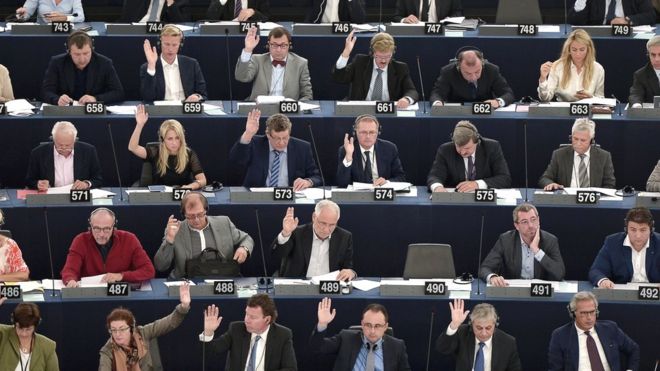Turkey pressed on with its "war on terror" on Tuesday, just five days before the country goes to the polls, detaining dozens of Islamic State suspects and hitting Kurdish rebels across the border in Syria.
President Recep Tayyip Erdogan has been playing the security card in the run-up to Sunday's vote with tensions running high over the renewed Turkish conflict and a massive bomb attack blamed on IS jihadists.
Around 200 Turkish police launched a massive dawn swoop on suspected IS hideouts in the conservative central Anatolian city of Konya, detaining 30 jihadists including one woman, media reports said.
Another 14 suspects were arrested in a similar operation in the town of Kocaeli, east of Istanbul, the Anatolia news agency said.
The raids followed a gun battle in a similar operation Monday in the southeastern Kurdish majority city of Diyarbakir which left two policemen and seven IS suspects dead.
Turkey has been on the hunt for IS extremists since the twin bombings on a peace rally in Ankara on October 10 that killed 102 people and wounded 500 more, the worst such attack on Turkish soil.
Erdogan, an increasingly polarising figure in Turkey, on Monday vowed to press ahead with operations against all "terrorists" including the Islamic State group and the outlawed Kurdistan Workers' Party (PKK).
Prime Minister Ahmet Davutoglu also confirmed late Monday that the military had struck Kurdish fighters across the border in northern Syria.
In an interview with A Haber television, Davutoglu said Turkey had warned members of the Democratic Union Party (PYD) not to cross to the west of the Euphrates river and if they did, Turkey would attack.
"We struck twice," he said, without giving any further details.
Ceasefire shattered
Ankara regards the PYD as the Syrian offshoot of the PKK, which resumed deadly attacks against Turkish forces in July after a deadly bomb attack in a Kurdish majority town near the Syrian border.
Turkey responded by launching an air war against PKK bases in northern Iraq, shattering a delicate 2013 ceasefire and hopes of an end to a conflict that has raged for three decades.
Davutoglu's comments came after Syrian Kurdish fighters accused the Turkish military of attacking their positions near Tal Abyad, where the Kurds expelled the Islamic State group after fierce clashes in June.
Kurdish fighters known as the YPG control large parts of northern Syria on the Turkish border, where they have for months engaged in bitter fighting with IS jihadists.
The Kurds in Syria last week said they had incorporated Tal Abyad into their "autonomous administration" in the north of the country.
Alarmed by the growing strength of Syrian Kurds, Turkey fears they could eventually create an independent state to threaten Ankara.
With Kurds making up 20 percent of Turkey's population, its ultimate nightmare would be Turkish Kurds cooperating with their Syrian brethren in search of autonomy on both sides.
Ankara has warned Syrian Kurds to stay away from any attempts to create a "de facto situation" in Syria.
Long criticised by its Western allies for not doing enough to stem the rise of the extremist jihadist group, Turkey launched air strikes against IS targets in Syria after a deadly bombing on a border town in July.
But most of the firepower was concentrated on PKK fighters based in northern Iraq, rupturing the truce between Ankara and the rebels.



